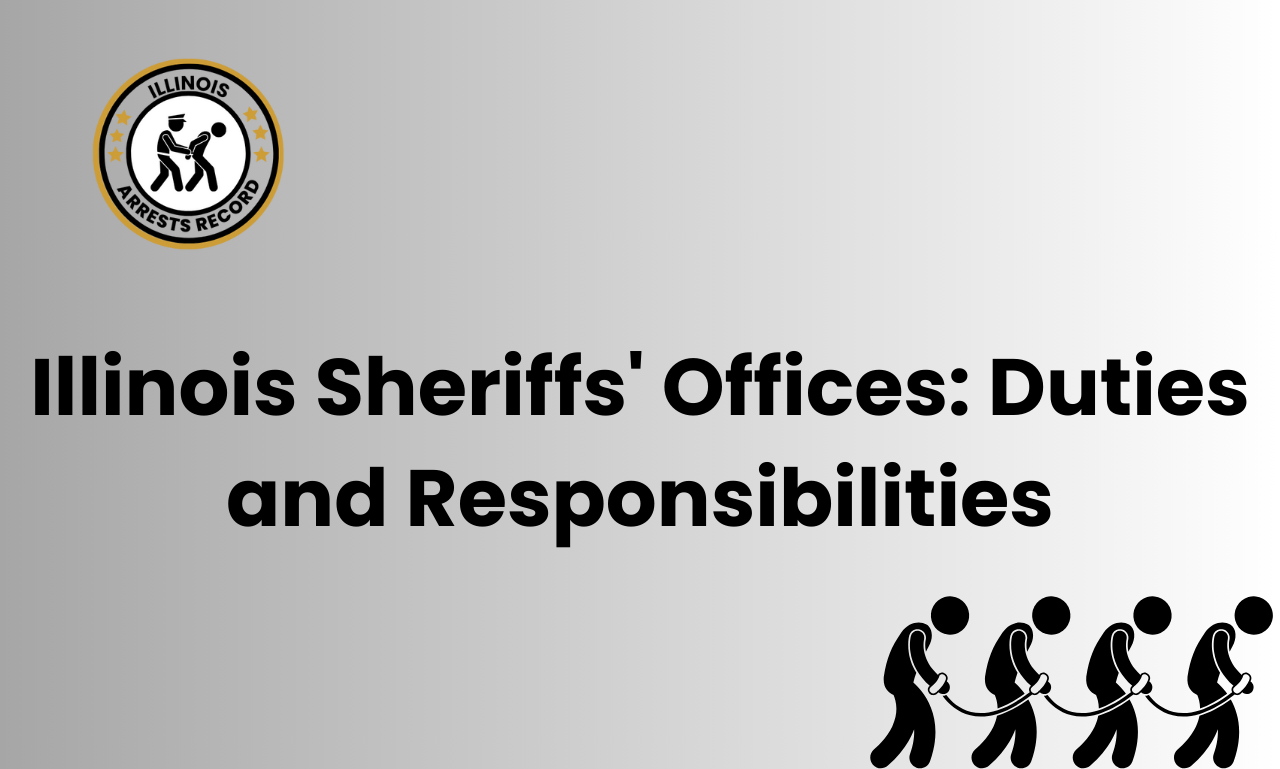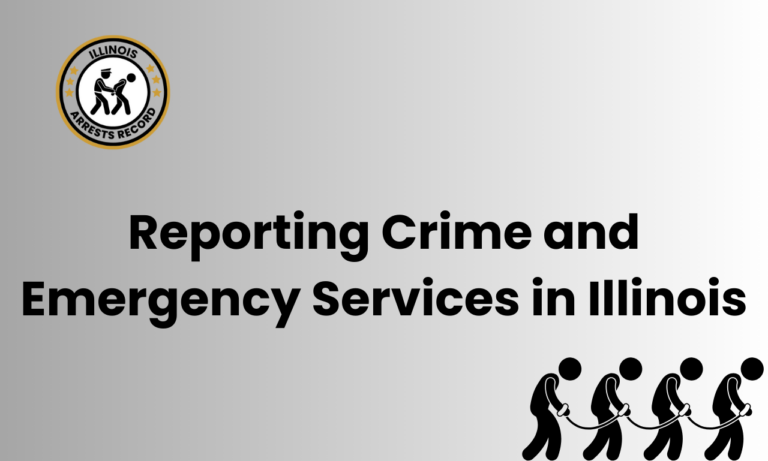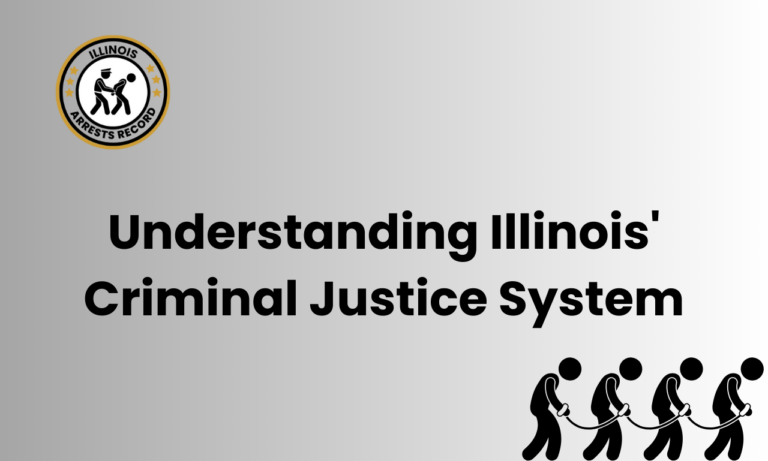Illinois Sheriffs’ Offices: Duties and Responsibilities
Law enforcement plays a vital role in maintaining the safety and security of our communities. One key component of this system is the sheriffs’ offices, which serve as the backbone of law enforcement in Illinois. Sheriffs’ offices are responsible for a wide range of duties and responsibilities, ensuring the well-being of the residents and upholding the laws of the state.
From maintaining peace and order to serving legal documents, sheriffs’ offices are at the forefront of law enforcement efforts. They play a crucial role in enforcing court orders, including executing arrest warrants and serving subpoenas. Additionally, sheriffs’ offices are responsible for the security of county jails and the transportation of inmates, ensuring that justice is served.
Role of Sheriffs’ Offices in Law Enforcement
Law enforcement plays a vital role in maintaining the security and safety of our communities. One key component of this system is the sheriffs’ offices, which serve as the backbone of law enforcement in Illinois.
Enforcing Court Orders and Maintaining Peace
Sheriffs’ offices are responsible for a wide range of duties and responsibilities, ensuring the well-being of the residents and upholding the laws of the state. From maintaining peace and order to serving legal documents, sheriffs’ offices are at the forefront of law enforcement efforts.
Executing Arrest Warrants and Serving Subpoenas
A crucial role of sheriffs’ offices is enforcing court orders. This includes executing arrest warrants and serving subpoenas. These actions are essential for ensuring that individuals who have violated the law are brought to justice and that legal proceedings can take place.
Security of County Jails and Transportation of Inmates
Another important responsibility of sheriffs’ offices is the security of county jails. They are responsible for ensuring that inmates are kept in a safe and secure environment. Additionally, sheriffs’ offices handle the transportation of inmates, ensuring that they are safely transported to and from court hearings and other necessary locations.
Promoting Safety and Justice
Sheriffs’ offices are dedicated to promoting safety and justice within the community. They work closely with other law enforcement agencies, such as local police departments and state troopers, to coordinate efforts and ensure a unified approach to maintaining law and order.
Community Engagement and Crime Prevention
Sheriffs’ offices understand the importance of engaging with the community they serve. They actively participate in community outreach programs, providing education on crime prevention and safety measures. By building strong relationships with residents, sheriffs’ offices create a sense of trust and cooperation that is essential for effective law enforcement.
Collaboration with Other Agencies
Collaboration is key in the field of law enforcement, and sheriffs’ offices work closely with various agencies to address complex issues. They collaborate with federal agencies, such as the FBI and Homeland Security, as well as local and state organizations, to tackle crime on multiple levels. This collaborative approach ensures a comprehensive and effective response to the ever-evolving challenges faced by law enforcement.
FAQ’s
Sheriffs’ offices play a vital role in maintaining the safety and security of our communities. They are responsible for a wide range of duties and responsibilities, ensuring the well-being of the residents and upholding the laws of the state.
Sheriffs’ offices have various responsibilities, including maintaining peace and order, serving legal documents, enforcing court orders, and ensuring the security of county jails. They are at the forefront of law enforcement efforts, executing arrest warrants and serving subpoenas.
Sheriffs’ offices are responsible for serving legal documents, such as court orders, summonses, and subpoenas. They ensure that these documents are properly delivered to the intended recipients, facilitating the legal process and ensuring that justice is served.
Sheriffs’ offices are in charge of the security of county jails, ensuring the safety of both inmates and personnel. They implement strict protocols, including regular inspections, monitoring of inmate activities, and managing access to the facilities, to prevent escapes and maintain order within the correctional system.
Sheriffs’ offices are responsible for the transportation of inmates, ensuring their safe transfer between correctional facilities, courtrooms, and other locations as required. They coordinate logistics, maintain security during transportation, and ensure that inmates are presented to the appropriate authorities as scheduled.
Conclusion
Sheriffs’ offices are the backbone of law enforcement in Illinois, carrying out a wide range of duties and responsibilities. From enforcing court orders to promoting community engagement, they play a crucial role in maintaining the safety and security of our communities. With a strong focus on collaboration and engagement, sheriffs’ offices strive to uphold the laws of the state and ensure justice is served.







